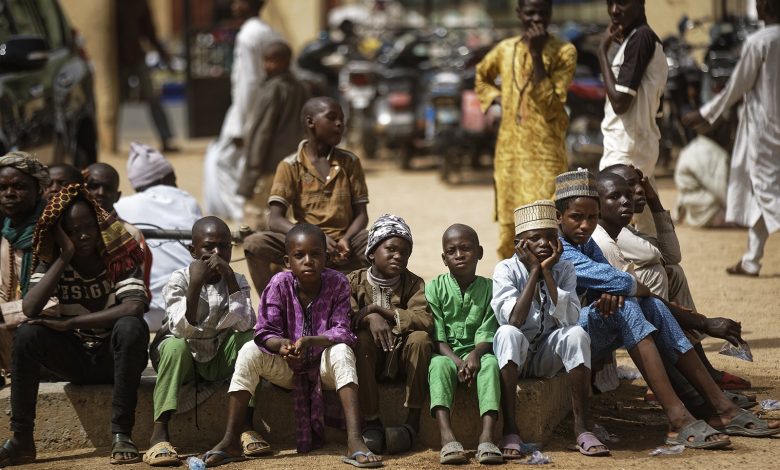
Advertisement
Nigeria stands at a fragile intersection where silence masks deepening fractures. Beneath the surface of daily life, a quiet but potent tension brews — the shadow of ethnic disunity slowly darkening the nation’s promise of unity. What began as subtle distrust has evolved into open polarization, quietly corroding the social glue that once bound communities together. Leadership, instead of healing the cracks, has often deepened them — swinging between unity-driven ideals and divisive politics that pit one group against another. Today, Nigeria’s challenge is not only political or economic; it is existential — a test of whether the nation can rise above its tribal shadows to reclaim the vision of one people under one destiny.
The creeping menace of ethnic disharmony continues to cast a dark spell over the nation’s democratic journey. In more than six decades of independence, Nigeria’s leadership has oscillated between moments of bridge-building and seasons of widening fault lines. Some leaders have galvanized the country’s plural spirit, while others have left fissures in the mosaic of national togetherness.
There was a time when Nigerians looked beyond tribe and religion in choosing who governed them. It wasn’t about ignoring identity; it was about elevating merit — competence, character, and integrity — values that transcend parochial boundaries. Sadly, those ideals now seem to be fading. Merit and vision often take a back seat to sectional interests and ethnic allegiances. A toxic wave of partisanship has replaced national purpose. Ethnicity and religion have insidiously hijacked civic choices, overshadowing the rationality that should guide our collective progress.
We appear more swayed by sentiment than by substance. We yearn for progress, yet our decisions frequently betray that aspiration. We speak passionately about building a better Nigeria, yet our actions tell a different story — one where narrow loyalties routinely override national interest.
But fundamental truths remain unshaken. One plus one equals two, whether in a mosque, church, school, or marketplace, the outcome is immutable. Facts do not bend to due to location. Likewise, Nigeria’s progress will not emerge through wishful thinking or empty rhetoric. It requires deliberate effort — conscious, collective action and visionary leadership. If we fail to plan and act together, we forfeit the right to expect a better future.
A dangerous wave of ethnic hostility now appears to be rising, particularly among southern Nigerian groups. Young people who once united effortlessly through sports, business, entertainment, and education now find themselves divided along tribal and political lines. Polarizing rhetoric, amplified by social media and manipulative politics, has deepened suspicion and resentment. Online tirades spill easily into real-world tension — and the signs are unmistakable: something fundamental is breaking.
The consequences of allowing this “spell of politics” to persist are grave. Every action begets an equal and opposite reaction. In Nigeria’s combustible context, no ethnic group — however advantaged — will escape the ruinous fallout of sustained bigotry. No one wins in the algebra of hate. Every community should count its potential losses before igniting the flames of division.
This is more than a call for peace; it is a moral and civic awakening — a reminder that unity is not Nigeria’s birthright but a fragile pact demanding daily care. As the nation stands once again at the crossroads of history, the question remains: will we break the shadows of disunity or allow them to consume the fragile tapestry of unity we have so painstakingly woven?
—
Allen Durueke is a prolific Author, Acclaimed Writer, public analyst and social commentator, passionate about leadership, civic consciousness, and nation-building.
